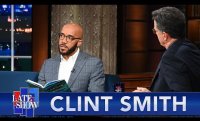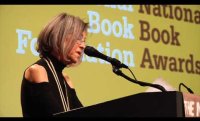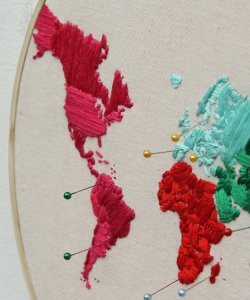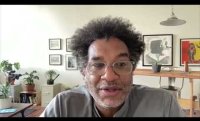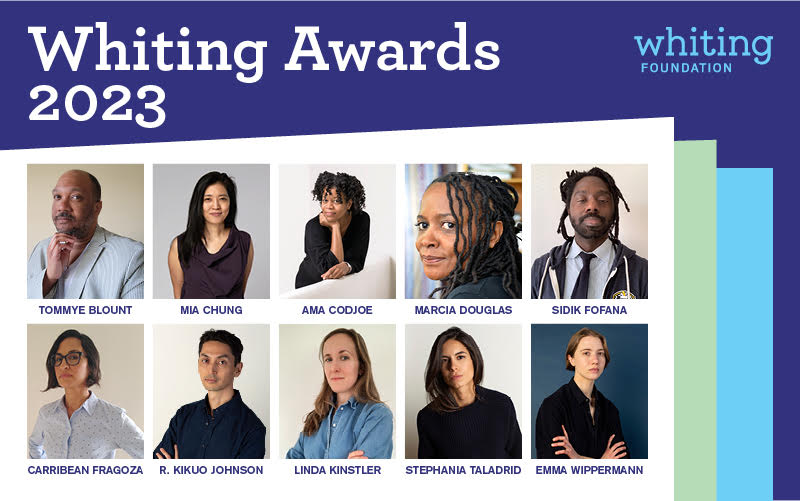Tomorrow may be April Fools’ Day, but these contests with deadlines of April 13, 14, and 15 are no joke! Prizes include five $25,800 fellowships from the Poetry Foundation; $1,500 and publication for a single poem or group of poems, a short story, or an essay; a weeklong residency at an Italian castle for a short fiction writer; and more. All contests offer an award of at least $1,000, and one has no entry fee. Good luck, writers!
Desperate Literature
Short Fiction Prize
A prize of €1,500 (approximately $1,581), a weeklong residency at the Civitella Ranieri Foundation’s castle in the Umbria region of Italy, and publication in Desperate Literature’s prize anthology is given annually for a work of short fiction. Winners will also receive a consultation with literary agent Charlotte Seymour (Johnson & Alcock Literary Agency), an editorial meeting with the Literary Consultancy, and the opportunity to give readings at Desperate Literature in Madrid and Burley Fisher Books in London. Mariana Enríquez, Ottessa Moshfegh, and Tiffany Tsao will judge. Deadline: April 15. Entry fee: €20 (approximately $21) for first entry, €10 (approximately $11) for each additional entry, with a maximum of five entries per person.
Florida Review
Editor’s Prizes
Three prizes of $1,000 each and publication in Florida Review are given annually for a poem or group of poems, a short story, and an essay. The editors will judge. All entries are considered for publication. Deadline: April 15. Entry fee: $25, which includes a subscription to Florida Review.
New Ohio Review
Literary Prizes
Three prizes of $1,500 each and publication in New Ohio Review are given annually for a poem or group of poems, a short story, and an essay. All entries are considered for publication. Deadline: April 15. Entry fee: $22, which includes a subscription to New Ohio Review.
Omnidawn Publishing
Single Poem Contest
A prize of $1,000 is given annually for a single poem. The winner also receives 10 copies of a letterpress broadside of the winning poem. Nathalie Khankan will judge. Deadline: April 13. Entry fee: $25 ($15 for each additional poem).
Poetry Foundation
Ruth Lilly and Dorothy Sargent Rosenberg Poetry Fellowships
Five fellowships of $25,800 each are given annually to U.S. poets between the ages of 21 and 31. Deadline: April 14. Entry fee: none.
Spoon River Poetry Review
Editors’ Prize
A prize of $1,000 and publication in Spoon River Poetry Review, prefaced by a judge’s introduction, is given annually for a single poem. Multilingual submissions accompanied by translations are eligible. Deadline: April 15. Entry fee: $20, which includes a subscription to Spoon River Poetry Review.
University of Arkansas Press
Etel Adnan Poetry Prize
A prize of $1,000 and publication by University of Arkansas Press is given annually for a first or second poetry collection by a writer of Arab heritage. Series editors Hayan Charara and Fady Joudah will judge. Deadline: April 15. Entry fee: $25.
Visit the contest websites for complete guidelines, and check out the Grants & Awards database and Submission Calendar for more contests in poetry, fiction, creative nonfiction, and translation.







